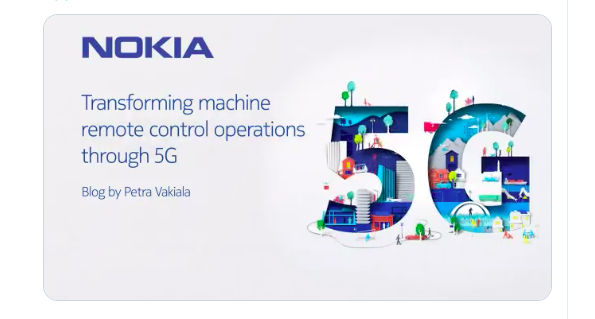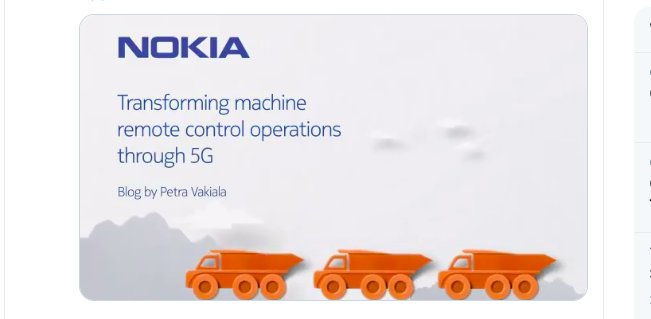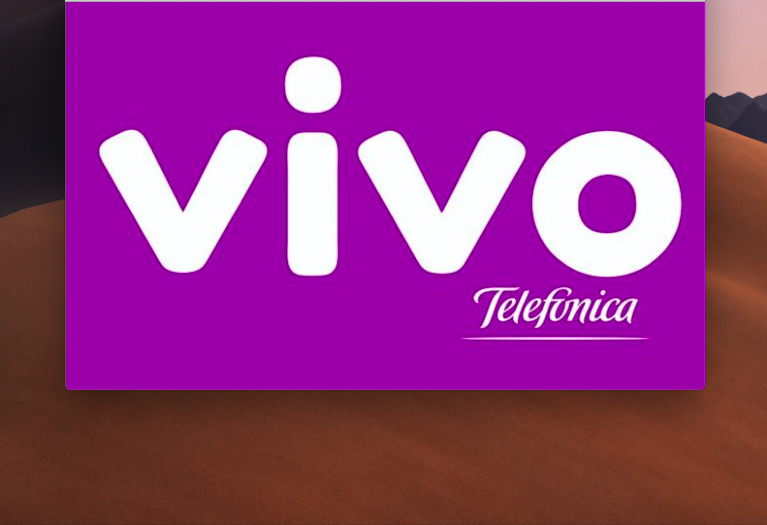- Vale will be the first mining operation in Brazil to deploy a private LTE solution
- The Nokia industrial-grade private wireless network solution will be operated by Vivo and used to control autonomous mining equipment, such as ore trucks and drill rigs, for increased productivity and worker safety
- Nokia private wireless solution will provide increased capacity and business-critical reliability, including low latencies required for autonomous operations
Bengaluru, NFAPost: Nokia announced it has partnered with Vivo to provide private wireless services for Vale’s Carajás mine in Brazil.
The service will be part of an Industry 4.0 project by Vale to deploy autonomous drill platforms and trucks. The project will increase productivity at the mine and improve worker safety.

The network will be also used for mine-wide communications between workers. Vale plans to expand the technology to other mines currently using older WiMax solutions.
Nokia is currently working with several mining operators worldwide to deploy private wireless networks based on LTE, with plans to migrate to 5G in the future.
Autonomous ore trucks
Autonomous ore trucks have been shown to increase productivity by 15% and reduce fuel and maintenance costs by 10%. Nokia’s LTE and 5G, being mobile technologies, provide more reliable support than WiMax or Wi-Fi for operating and controlling trucks and drills on the move.
Nokia’s private industrial-grade wireless solutions are enabling many new applications in the mining field, including support for environmental monitoring, video-assisted remote operations and improved worker monitoring and safety. Nokia is partnering with key solution providers in the mining industry, including Komatsu and Sandvik.

Vale is also currently operating 13 autonomous trucks on a WiMax network at its Brucutu mine in Minas Gerais, Brazil, with the intention to also replace it with a private LTE network for improved performance and reliability.
Other applications being considered include an IoT application connecting dam monitoring instruments using LTE. The advantage of LTE is its ability to adjust performance characteristics to each individual application and to provide a single mine-wide wireless platform that can support any kind of critical communication requirement.
Wireless technology
CIO of Vale Gustavo Vieira said this new generation of wireless technology — LTE and, eventually, 5G — is enabling us to explore many new applications and use cases for remote and autonomous operations.
“This will help to make our mining operations more efficient, sustainable and safe for our workers,” said CIO of Vale Gustavo Vieira.

Commenting on the new initiative, Vivo’s B2B Vice-President Alex Salgado said the private wireless service the company is implementing at Vale’s Carajás mine is one of many deployments that is expected to be seen in the next few years.
“Forward-thinking customers such as Vale are embracing Industry 4.0 technologies, fostering digital solutions at the heart of their businesses, whether in agriculture, transportation or mining. We are excited to be leading this transformation,” said Vivo’s B2B Vice-President Alex Salgado.
Private LTE wireless solution
Nokia Head of Market Unit Brazil Luiz Tonisi said Nokia is making a lot of impact in the mining sector right now, and this project with Vale is a very important beginning here in Brazil.
“Our industrial-grade private LTE wireless solution is ideal for supporting the industry’s embrace of autonomous technologies. It solves a lot of issues that past wireless technologies have struggled with and opens the way for many new and exciting use cases for mines of the future,” said Nokia Head of Market Unit Brazil Luiz Tonisi.
Nokia has deployed over 1,000 mission-critical networks with leading customers in the transport, energy, large enterprise, manufacturing, webscale and public sector segments around the globe.
Leading enterprises across industries are leveraging our decades of experience building some of the biggest and most advanced IP, optical, and wireless networks on the planet.
Digitalisation and automation journey
The Nokia Bell Labs Future X for industries architecture provides a framework for enterprises to accelerate their digitalisation and automation journey to Industry 4.0. Nokia has also pioneered the private wireless space with many verticals, and now has over 100 large enterprise customers deploying it around the world.
Nokia creates the technology to connect the world. Only Nokia offers a comprehensive portfolio of network equipment, software, services and licensing opportunities across the globe. With its commitment to innovation, Nokia is driven by the award-winning Nokia Bell Labs and is a leader in the development and deployment of 5G networks.
The company’s communications service provider customers support more than 6.4 billion subscriptions with radio networks, and enterprise customers have deployed over 1,300 industrial networks worldwide. Adhering to the highest ethical standards, Nokia transforms how people live, work and communicate.
Wired and mobile telecommunication
Vivo is Telefônica’s Brasil trademark, the leading telecommunications company in the country, with 93 million accesses (1°Q20). Vivo operates providing wired and mobile telecommunications services throughout the country and counts on a complete and convergent product portfolio for B2C and B2B customers.
In the mobile segment, Vivo has 74.7 million customers and accounts for the largest market share of the segment (33%) in Brazil, according to quarterly balance sheet results (1°Q20). Driven by the constant innovation and high-quality services, Vivo is on the centre of a digital transformation, which extends the autonomy, personalization and real-time choices of its clients, putting them in charge of their digital life, with safety and reliability.
Telefônica Brasil is part of Telefónica Group, one of the largest communications conglomerates in the world, with 344 million accesses and 48.4 billion euros of revenues in 2019. Aware of its responsibility to give back to society the trust received by its services, the company runs Telefônica Vivo Foundation.
Since 1999, it has been working on educating the new generation, pointing out development ways for the country by applying innovation to education, entrepreneurship and citizenship, with different social projects in these areas.






